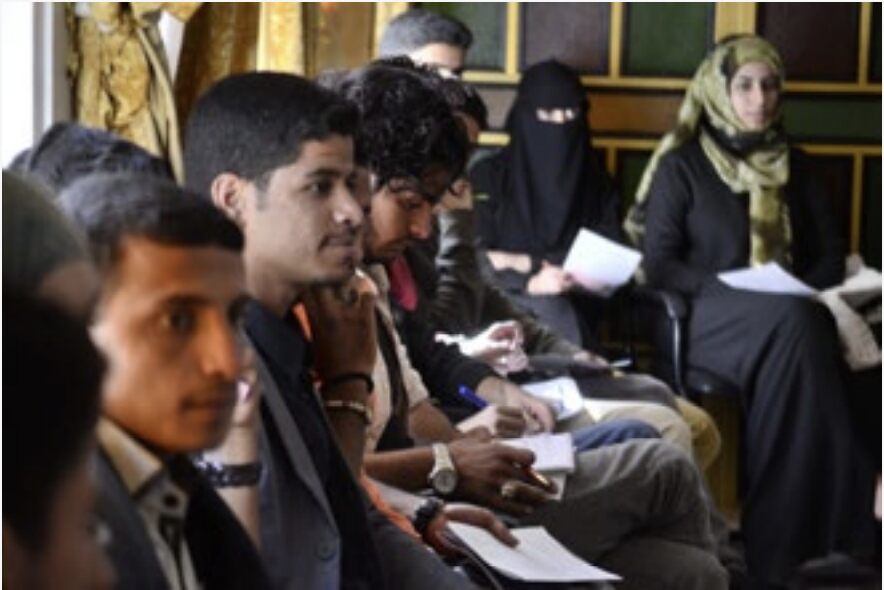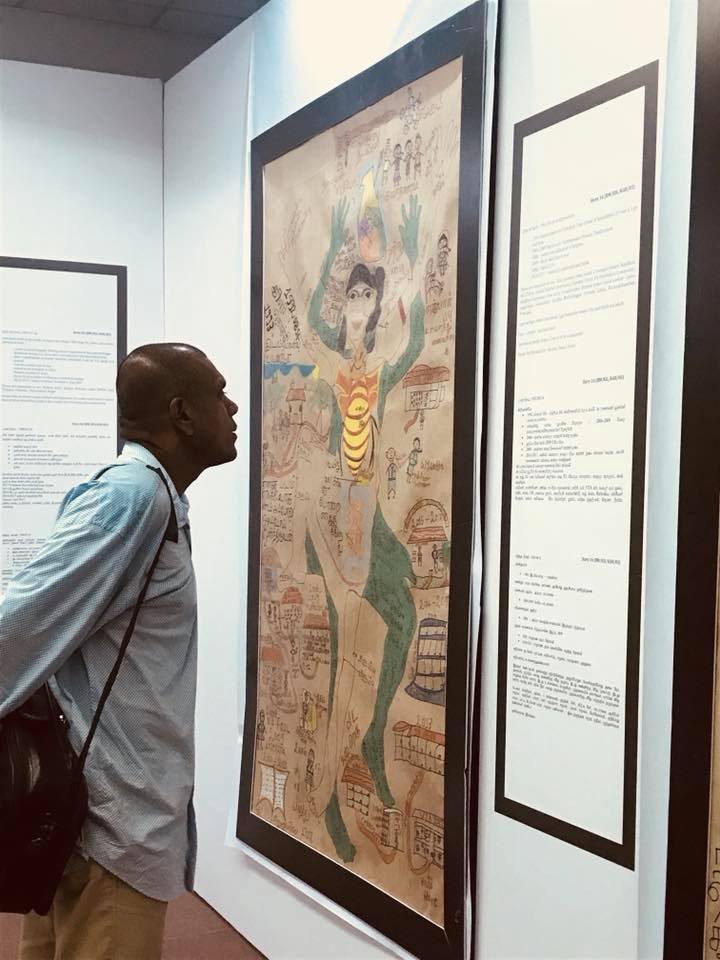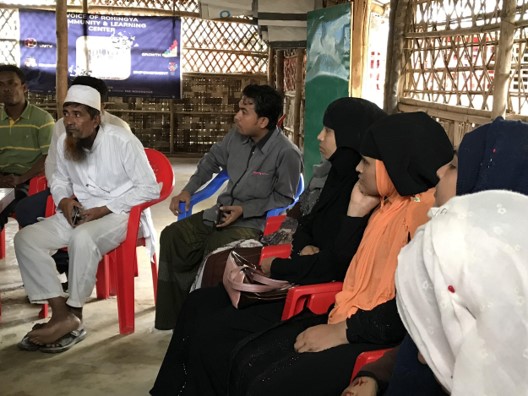GRADIMO PRAVEDAN SVIJET, ZAJEDNO
The Global Initiative for Justice, Truth and Reconciliation is a consortium of nine global organizations that works alongside communities to amplify the voices of survivors and inspire collective action in countries struggling to confront human rights violations. By addressing past trauma, we change the future.

Released in April 2024, our newest podcast, “Transforming Transitional Justice” focuses on rethinking how traditional transitional justice processes after a conflict can better serve the needs of civilians affected by periods of violence and authoritarian regimes. Each episode focuses on common issues that post-conflict communities face, from bolstering communities abilities to search for their missing, to documenting violations, to helping victims heal from conflict-related sexual violence.
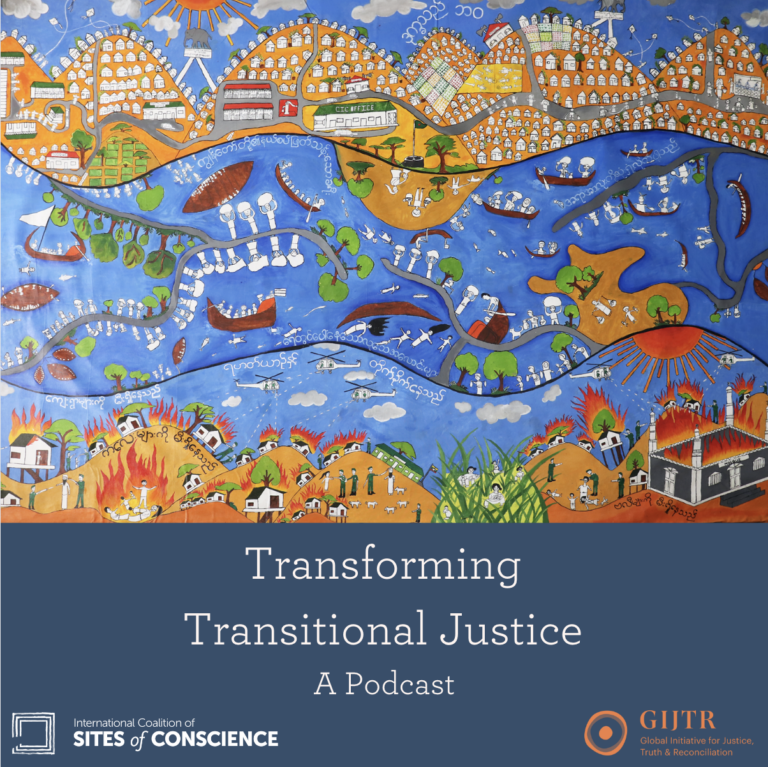
Since August 2017, ~1 million Rohingya refugees have fled Myanmar for Bangladesh, most of whom are women and children. Forcibly-displaced people require complex psychosocial support and at least some form of resolution and justice. Read our latest piece for Aljazeera.
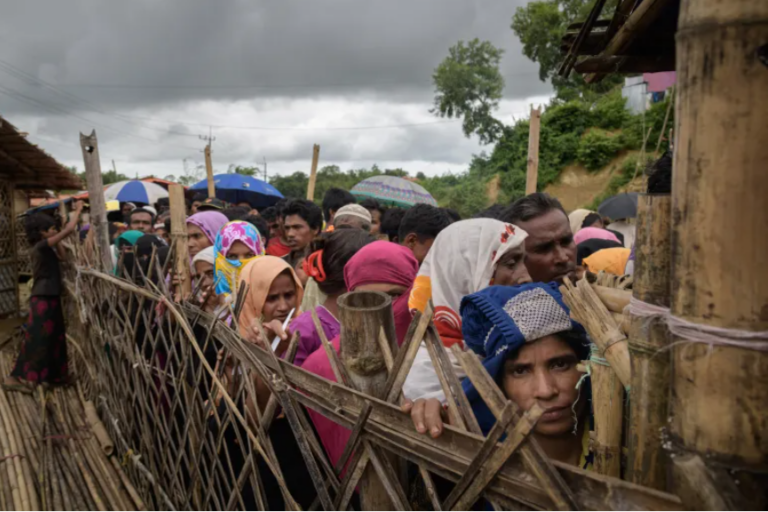
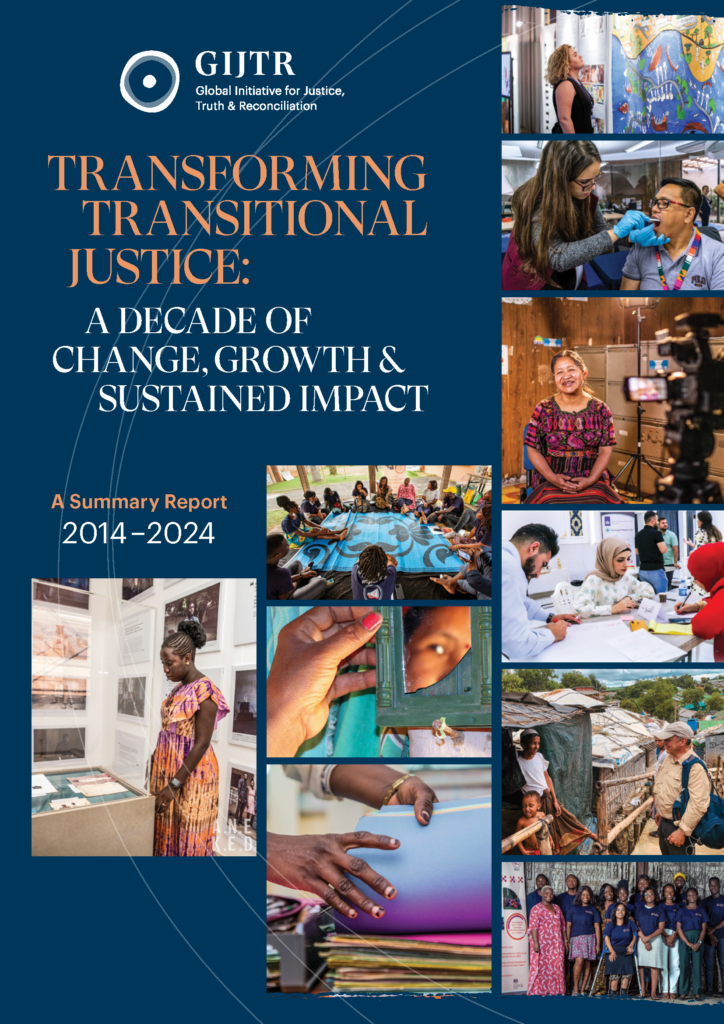
Transforming Transitional Justice
In celebration of its tenth anniversary, GIJTR hosted “Transforming Transitional Justice: Innovative Approaches for Centering Communities to Lead Post-Conflict” in Barcelona, Spain from March 18-19, 2024. The gathering brought together over 90 representatives from more than 30 countries, including GIJTR Consortium partners, local partners, survivors, policy makers, donors and civil society representatives, to reflect on GIJTR’s impact within its first ten years.
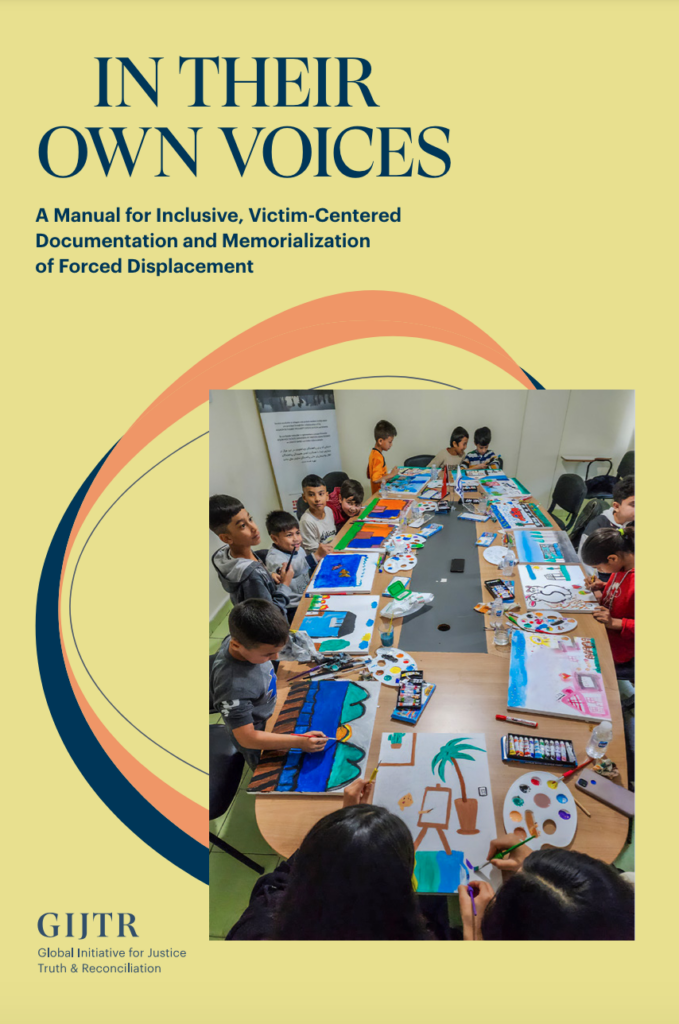
Centering Forcibly Displaced Communities
GIJTR’s founding partner, the International Coalition of Sites of Conscience, and its member site, the Afghanistan Human Rights and Democracy Organization (AHRDO), have partnered to implement “Afghanistan: Advancing Rights Adopting an Inclusive and Victim-Centered Documentation and Memorialization Approach,” an effort to build on each other’s work to advance the rights of victims of human rights violations and forced displacement by adopting documentation and memorialization approaches that center their voices and needs and that empower them to take part in transitional justice processes and advocacy efforts.
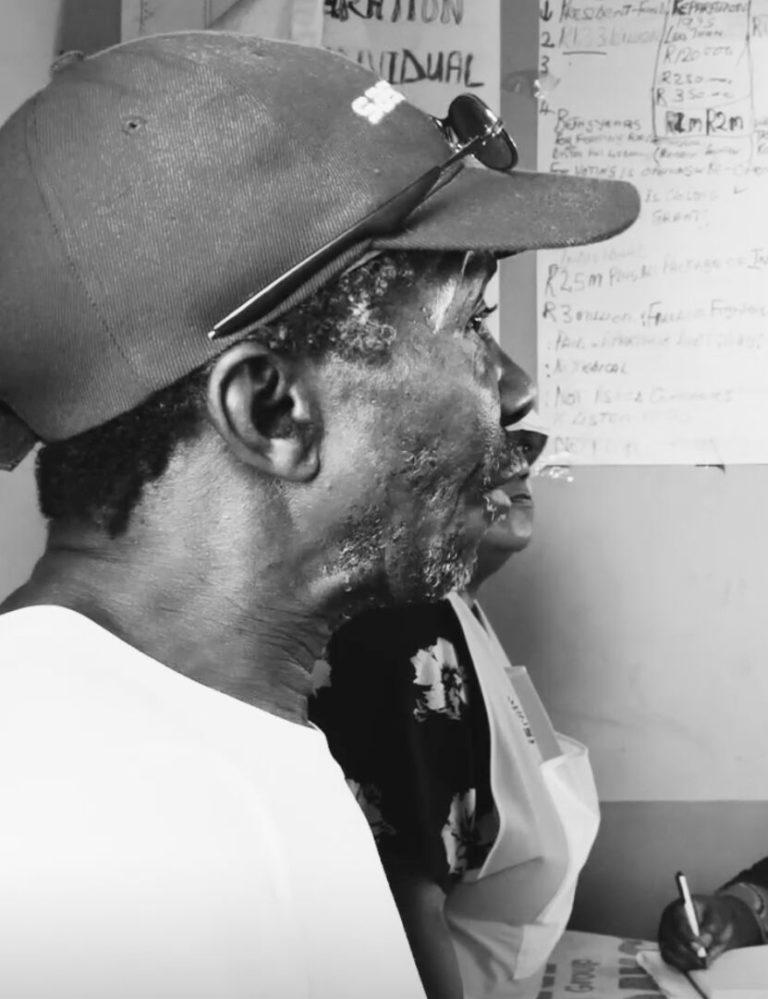
Amplifying survivor stories
Centering victims and survivors in peace processes is essential to ensuring lasting peace.
Hear Their VoicesThere is no one-size-fits-all approach to transitional justice. At GIJTR, we partner with communities, calibrating our approach to their unique needs - be that documentation, capacity-building, psycho-social support or advocacy.
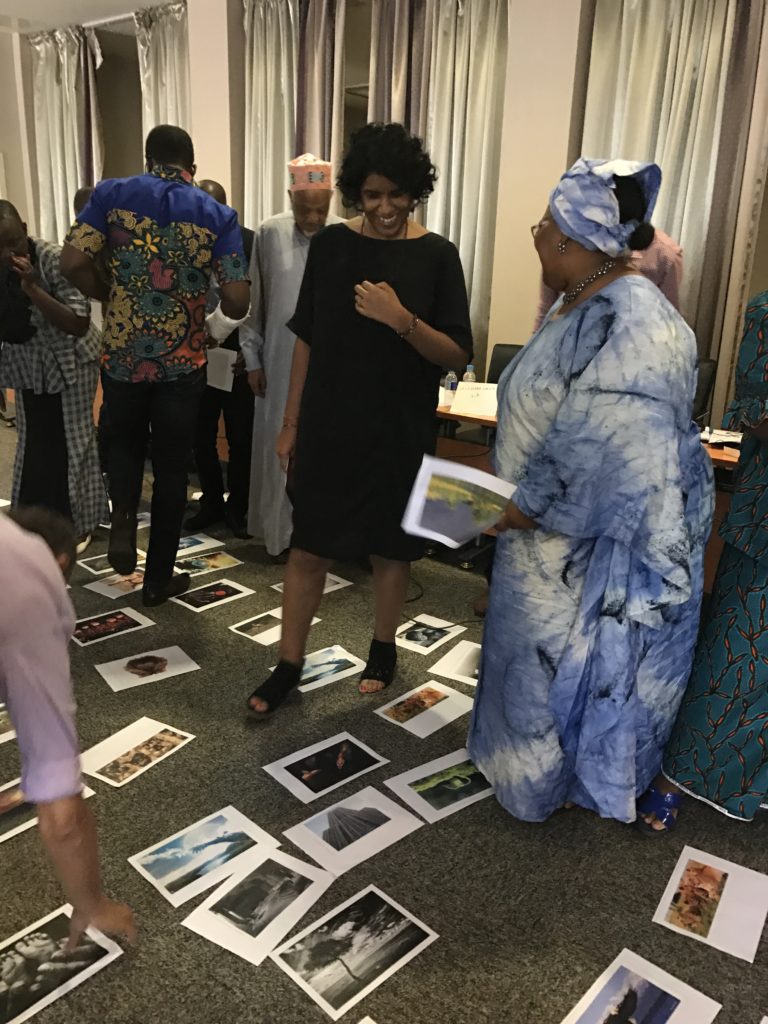
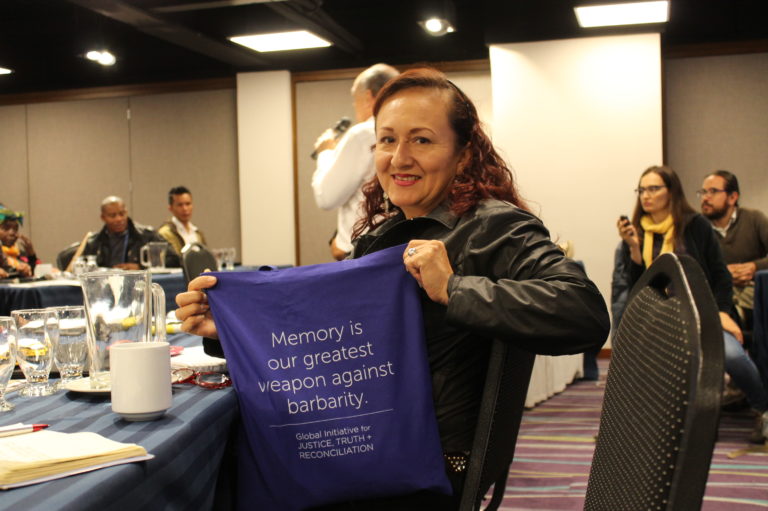
Toolkits & Publications
Founded in 2014, GIJTR has worked with partners in 72 countries, fostered more than 323 grassroots projects and engaged over 681 local civil society organizations in building capacities and laying the groundwork for community-wide participation in both formal and community-based transitional justice processes.


